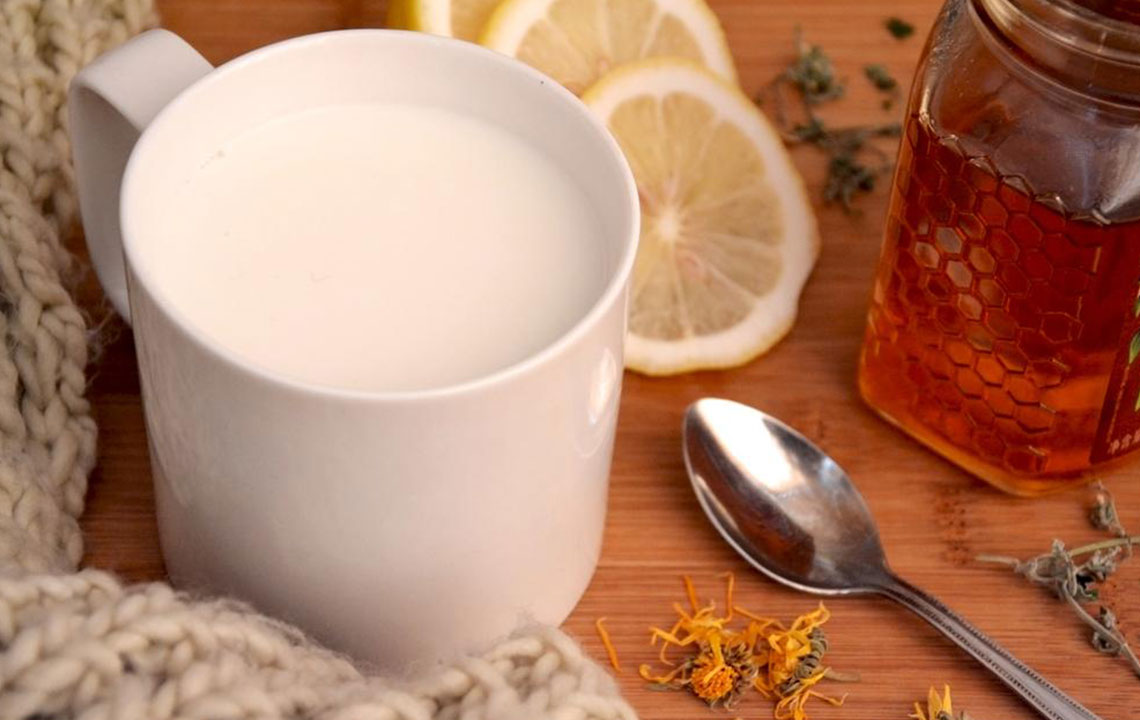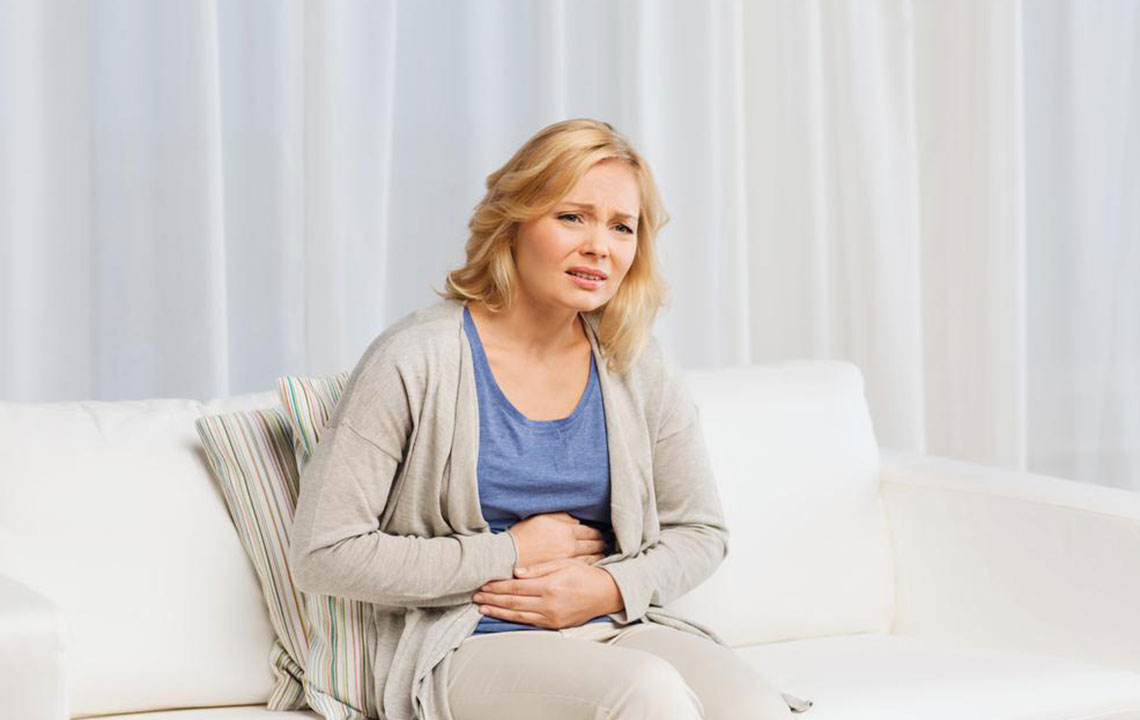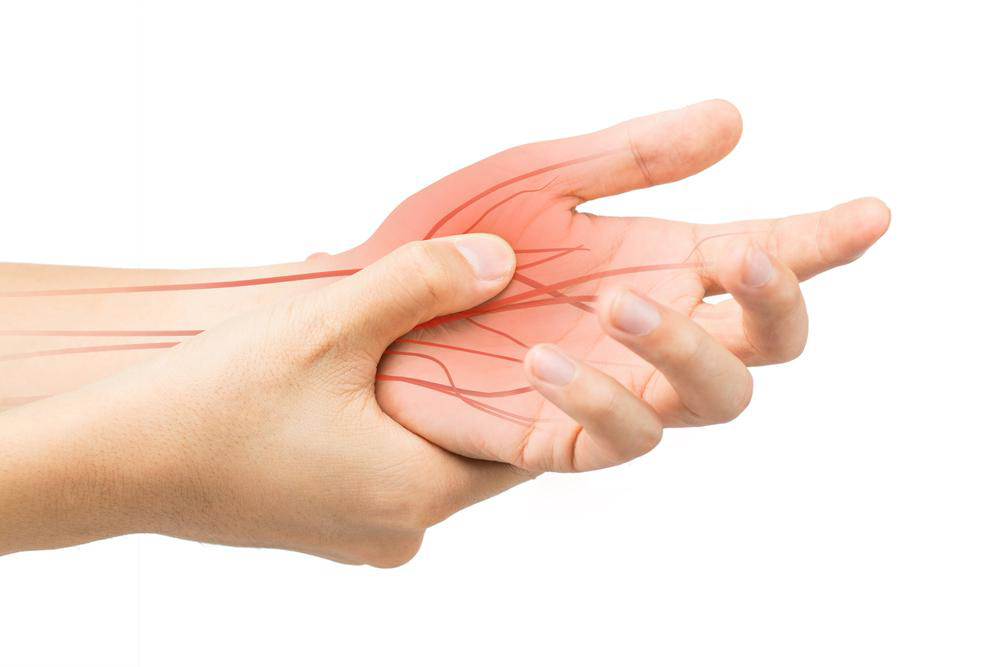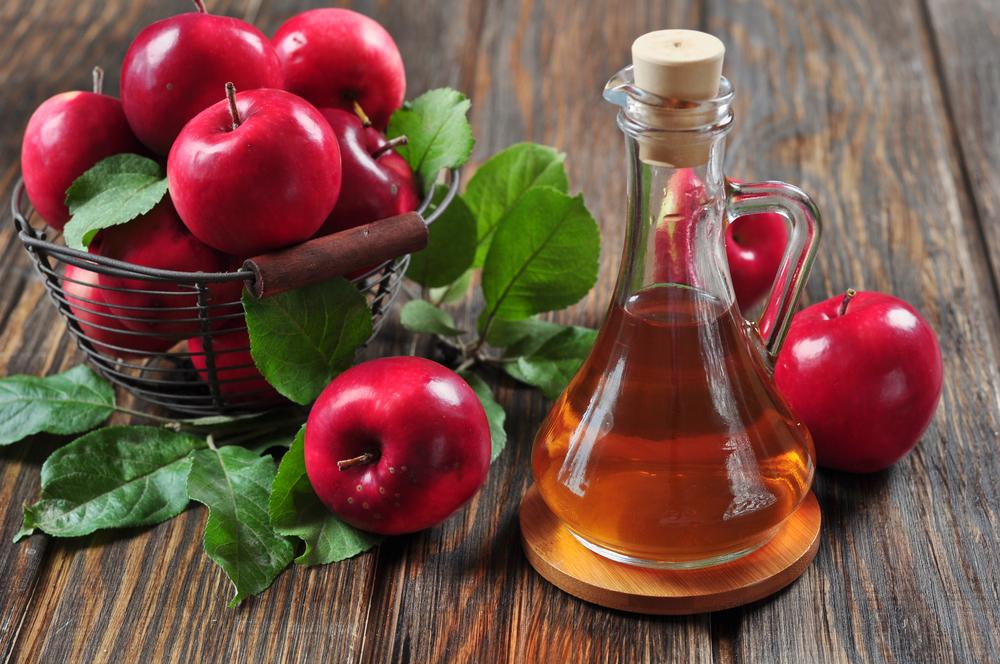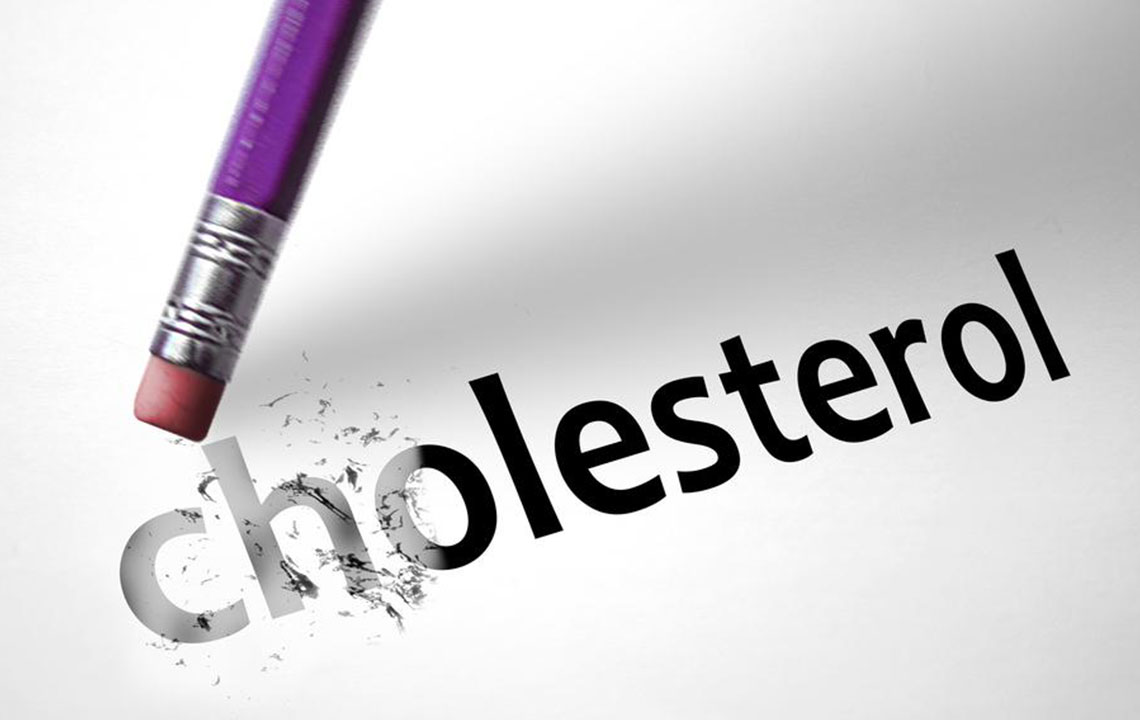Proactive Natural Strategies to Reduce Breast Cancer Risk
This article explores natural methods to reduce breast cancer risk, emphasizing healthy eating, physical activity, weight management, and lifestyle choices. Practical tips include increasing intake of colorful fruits and vegetables, reducing processed meat and alcohol, quitting smoking, and supporting breastfeeding. Such lifestyle modifications can play a vital role in lowering the risk of breast cancer and promoting overall health, especially for women with genetic predispositions. Regular screenings and healthcare consultations are recommended for proactive cancer prevention.
Sponsored
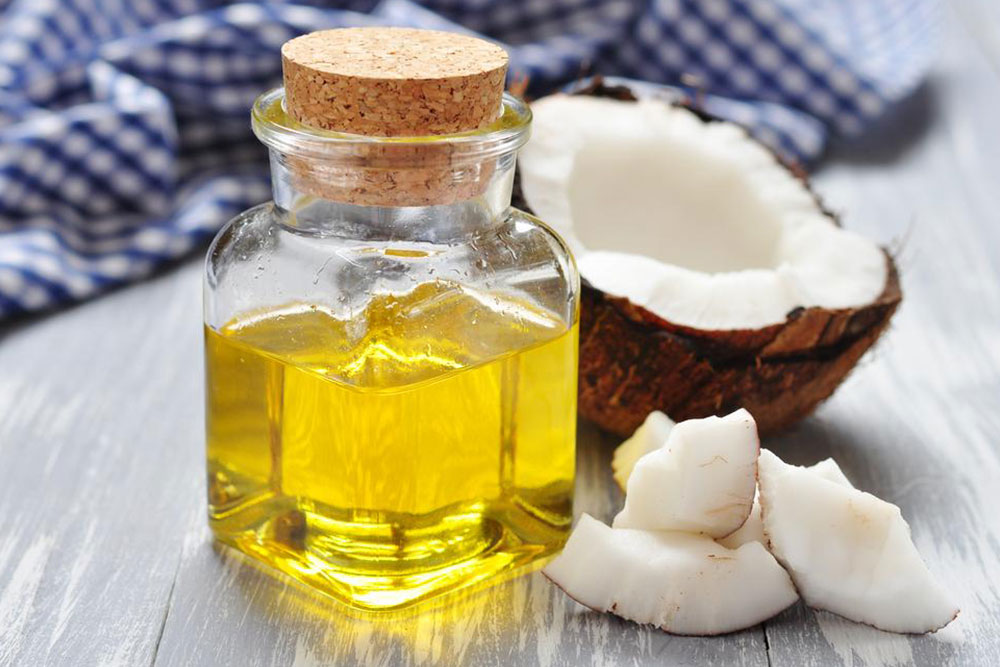
While it’s impossible to completely prevent breast cancer, adopting certain natural habits can help lower your chances. Factors like genetics and age are uncontrollable, but lifestyle changes may offer protection. Consider these approaches:
Nutrition
Enhancing your diet with colorful vegetables and fruits can be beneficial. Incorporate foods rich in flavonoids—such as oranges, apples, and herbal teas—as they have anti-cancer properties.
The presence of flavonoids in plants has been linked to reduced cancer risk. Increasing their intake through daily meals may help prevent breast cancer.
Reduce Processed Meat
Limiting processed meats like sausages, bacon, and hot dogs is advisable, as they contain carcinogenic compounds. Excess consumption of processed meat has been linked to various cancers, including possible breast cancer risk.
Stay Active
Regular exercise is vital. Physical activity not only boosts overall health but also diminishes cancer risk. Aim for at least 300 minutes of moderate exercise weekly, such as walking, cycling, swimming, or dancing, to stay healthy.
Manage Post-Menopausal Weight
Maintaining a healthy weight becomes even more crucial after menopause when body fat tends to increase. Monitoring calorie intake and engaging in regular physical activity can help reduce risk.
Limit Alcohol Intake
Studies suggest that even moderate alcohol consumption can raise breast cancer risk. Swapping alcoholic beverages for sparkling water can be a healthier choice.
Quit Smoking
Smoking is associated with increased breast cancer risk. Seek professional guidance for therapies and support to break free from tobacco use.
Breastfeeding Benefits
Breastfeeding your infant for at least a year can significantly lower breast cancer risks and provide numerous health benefits for your child.
Contraceptive Use Caution
Avoid long-term use of birth control pills after age 35 or if you are a heavy smoker, as they may slightly increase breast cancer risk.
Hormonal Therapy Precautions
Extended use of hormonal treatments post-menopause, especially estrogen-only or combined estrogen-progestin therapies, can elevate breast cancer risk. Consult your doctor for safe alternatives.
Remember, women with a family history of breast or other cancers should regularly undergo screenings and consult healthcare professionals for personalized advice.

